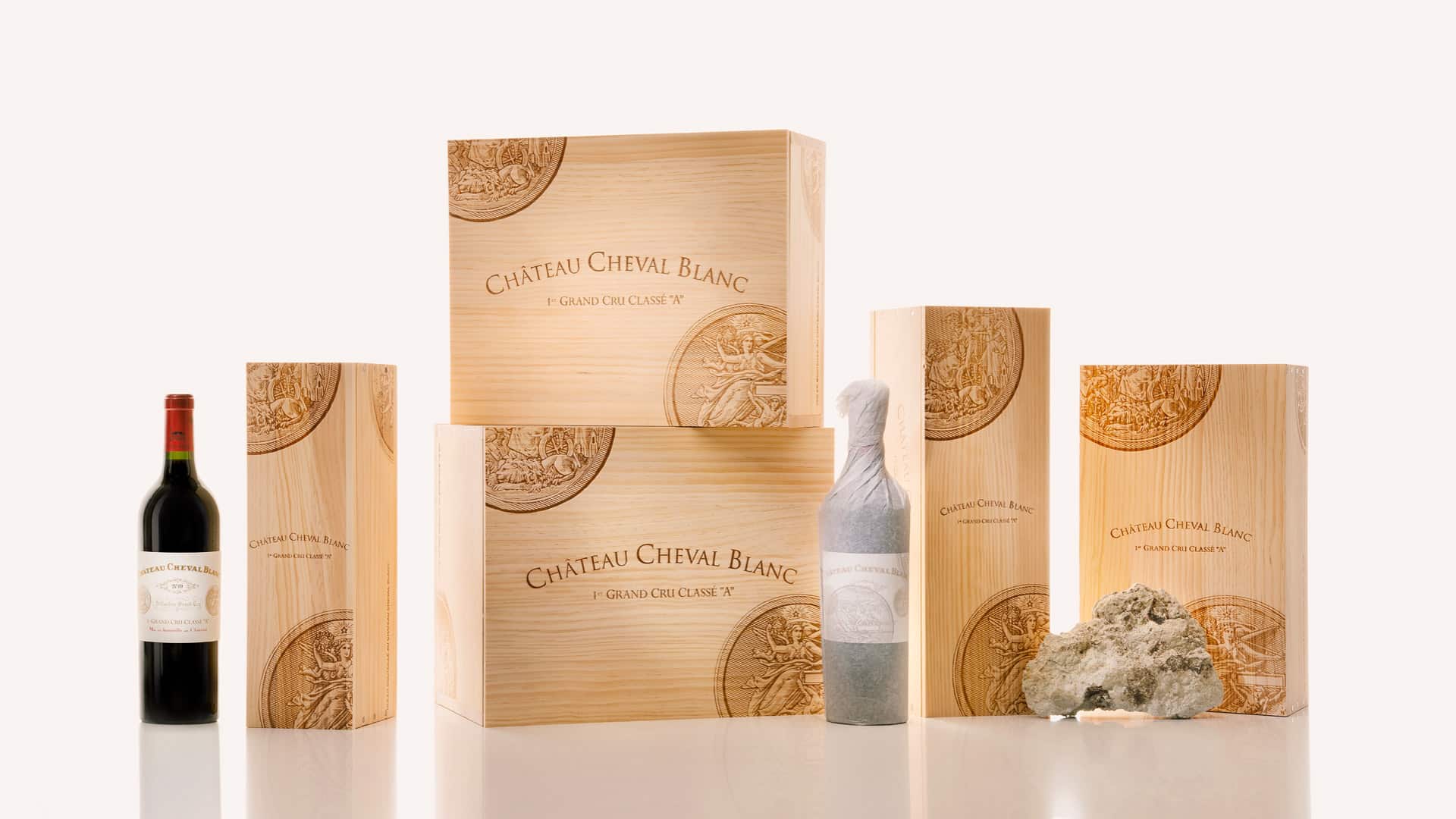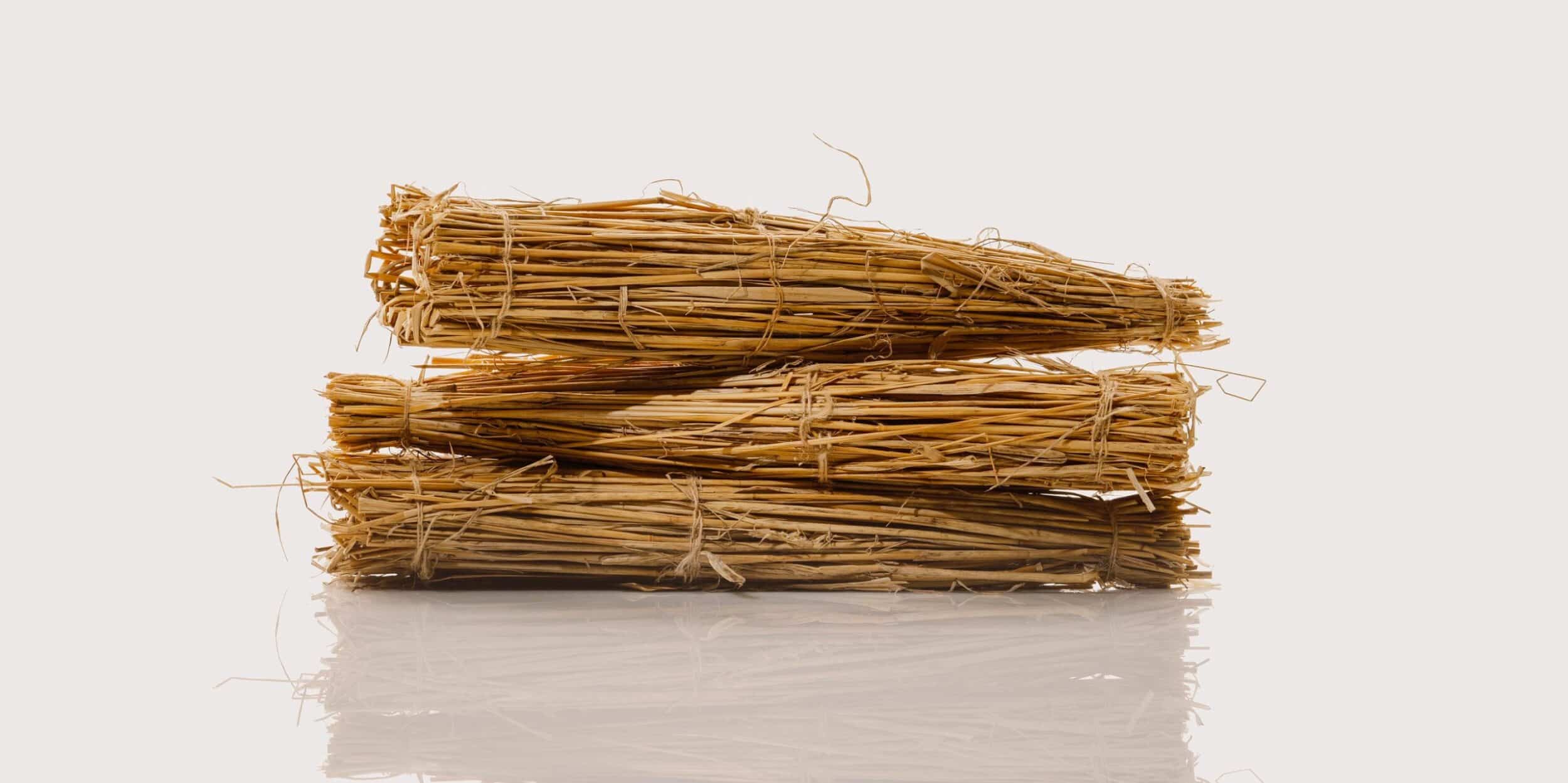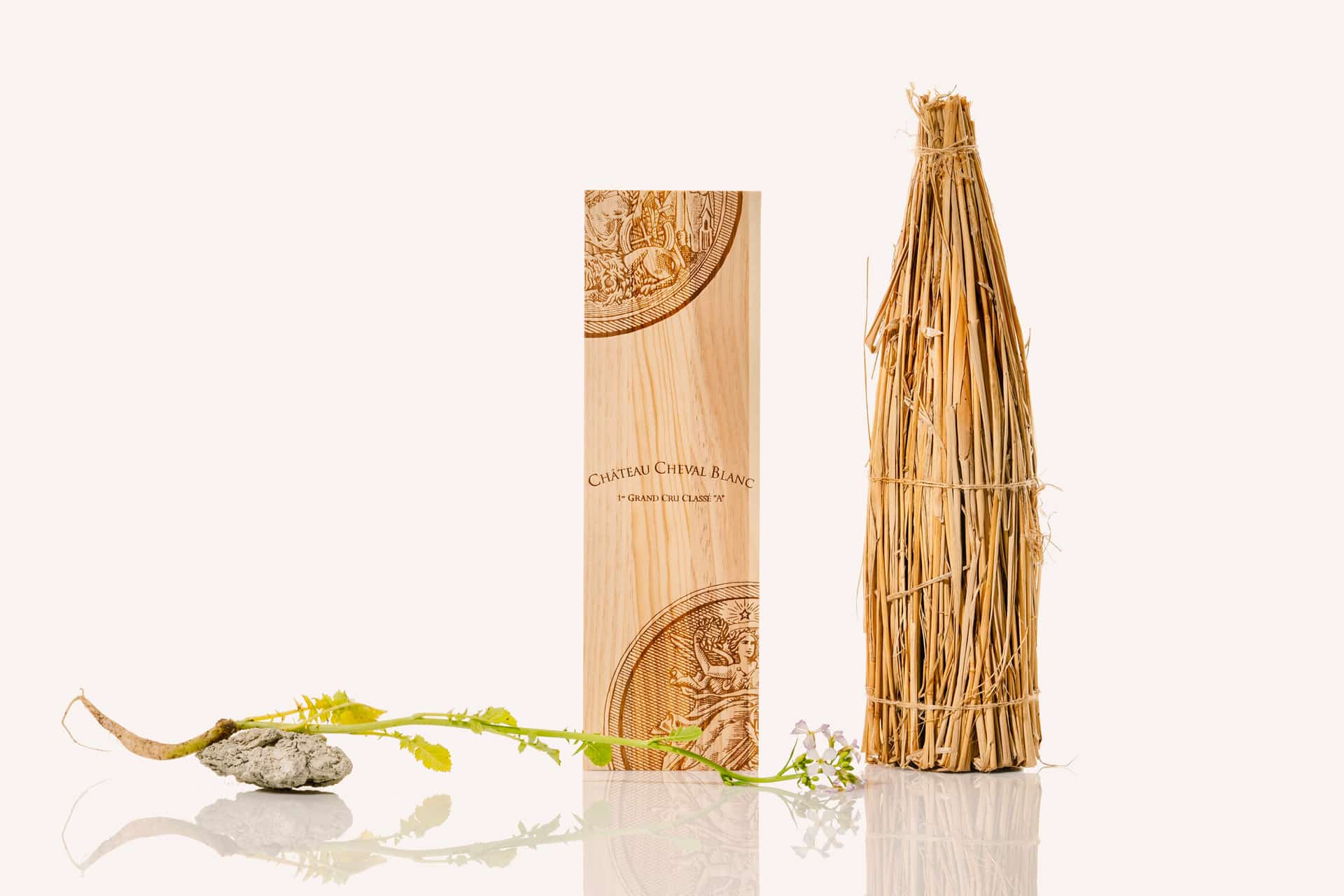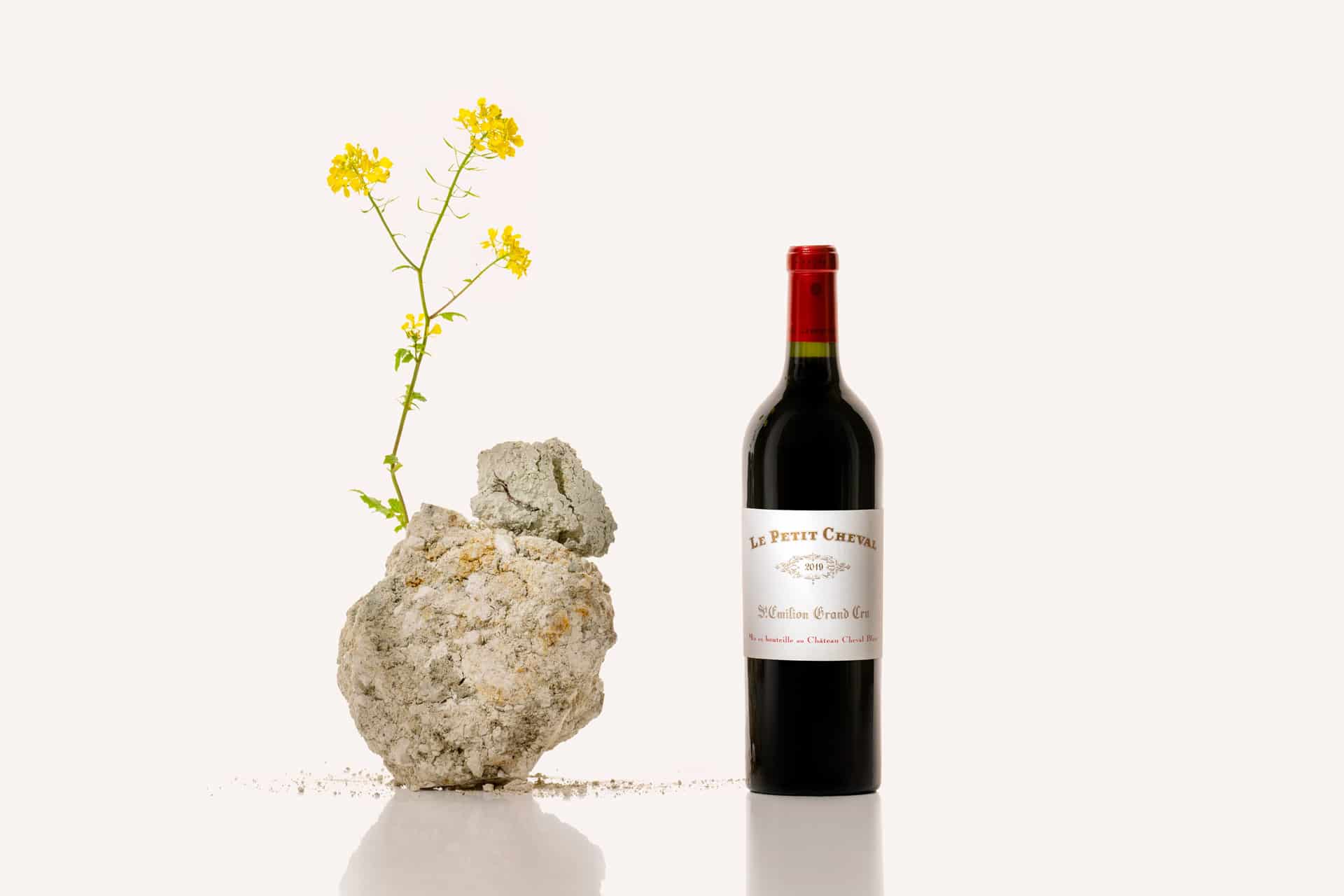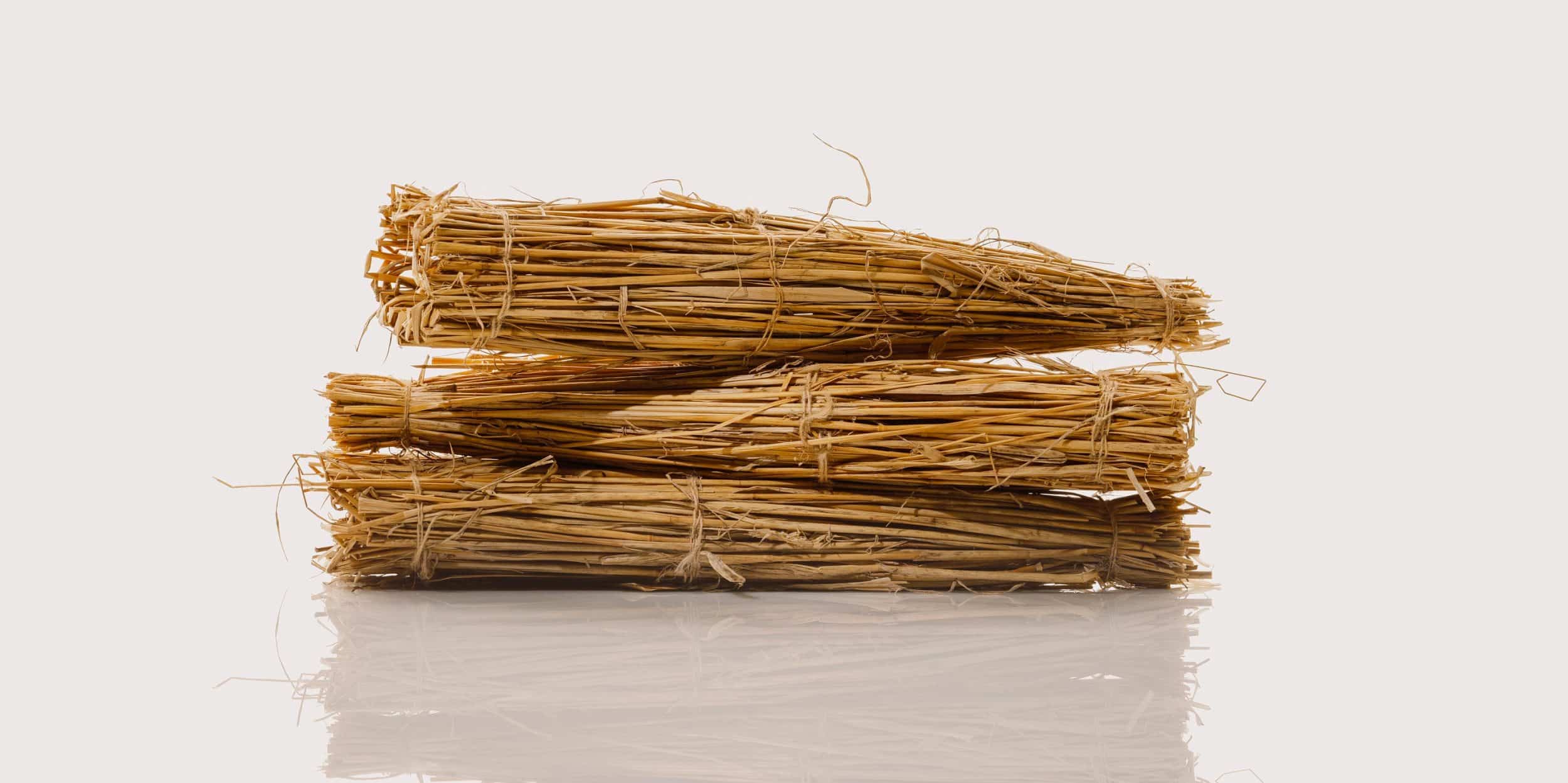
Wine is a living, cultural drink which evolves and becomes more complex with age. The aptitude to improve over time is the sign of the greatness of a fine wine.
Château Cheval Blanc contains a hidden soul: its potential gets richer every year. Certain measures will help to get the best out of it as it journeys through time.
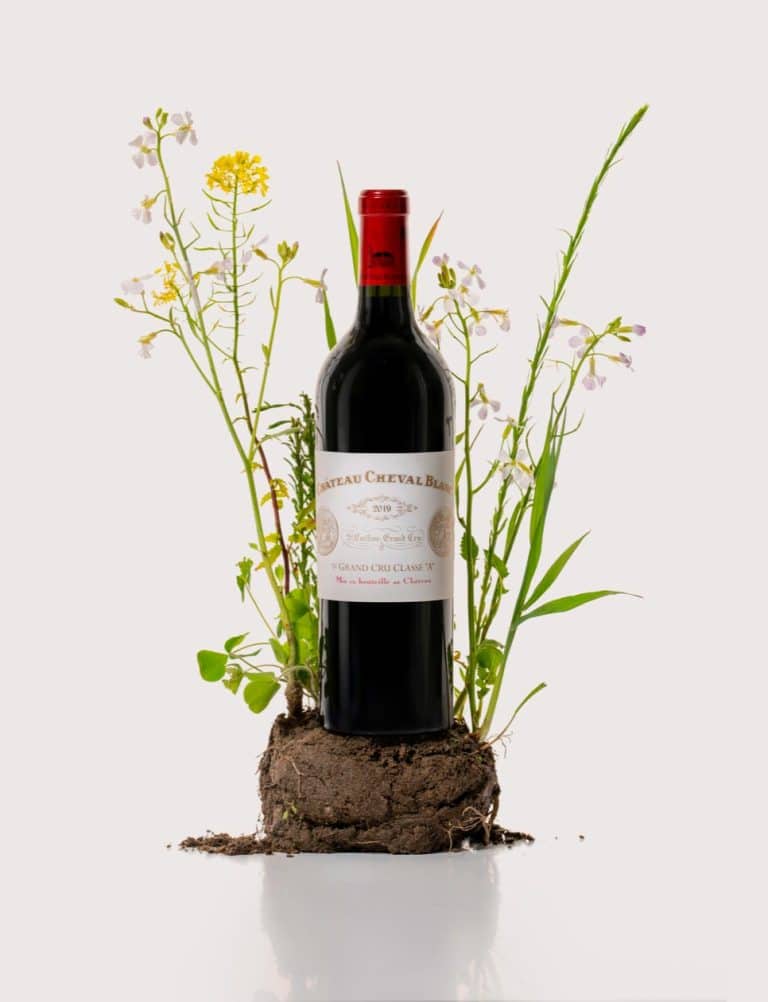
Ageing
Cheval Blanc wines have a rare aptitude for drinkability at all ages, from their youth up to one hundred years old for certain vintages. If you have the opportunity to taste this great wine at different ages and discover the evolution of its character, this is the best way to appreciate it.
The choice to lay down a wine is the triumph of wisdom over curiosity and impatience. It can be risky, but it is always exciting and it will take you into a unique universe where a wine can show off its multiple facets. This period of delicate evolution, whether short or long, helps the wine to reach its very best. From the outset, it is fundamental to master the traditional skills required to preserve, serve and drink a fine wine.
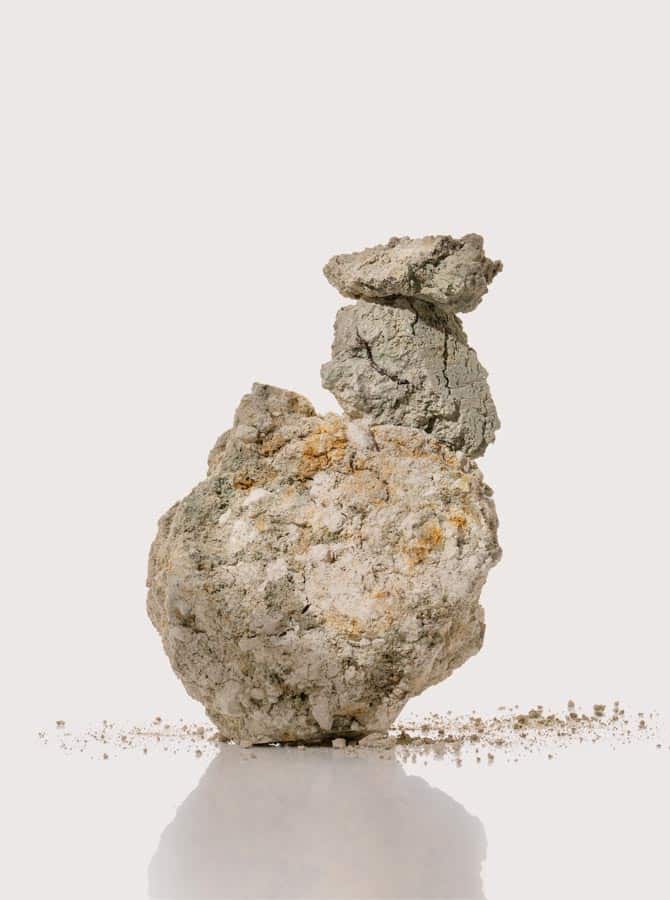
Storing
When acquiring a bottle of Château Cheval Blanc, it is important to be aware of its history and provenance: each bottle must come with a guarantee of perfect preservation. If stored under the wrong conditions, even for a short time, a fine wine can deteriorate or suffer irreversible damage.
Storing a Château Cheval Blanc in good conditions will allow it, as it ‘sleeps’, to develop and maintain all of its richness. In this way, its potential will be respected and its future safeguarded.
The cellar should be protected from heat and, in particular, sudden changes in temperature. A stable temperature is key to the preservation of wine: if the temperature does vary is should do so slowly and rarely fall below 10°C or above 18°C. The ideal temperature is around 14°C. Also, the wine should be protected from vibrations and especially light which is very damaging to the ageing process.
Another important parameter is the level of humidity. It should be high enough to protect the cork from dehydration which would risk damaging it and cause the wine to evaporate. The ideal level of humidity is 70-75 %. On the other hand, a level of over 80% can damage the labels although the wine itself shouldn’t be impacted.
Finally, the bottles should be stored on their sides so that the cork is kept humid through permanent contact with the wine. If the bottles are stored in cases, they should be placed on their sides too.
